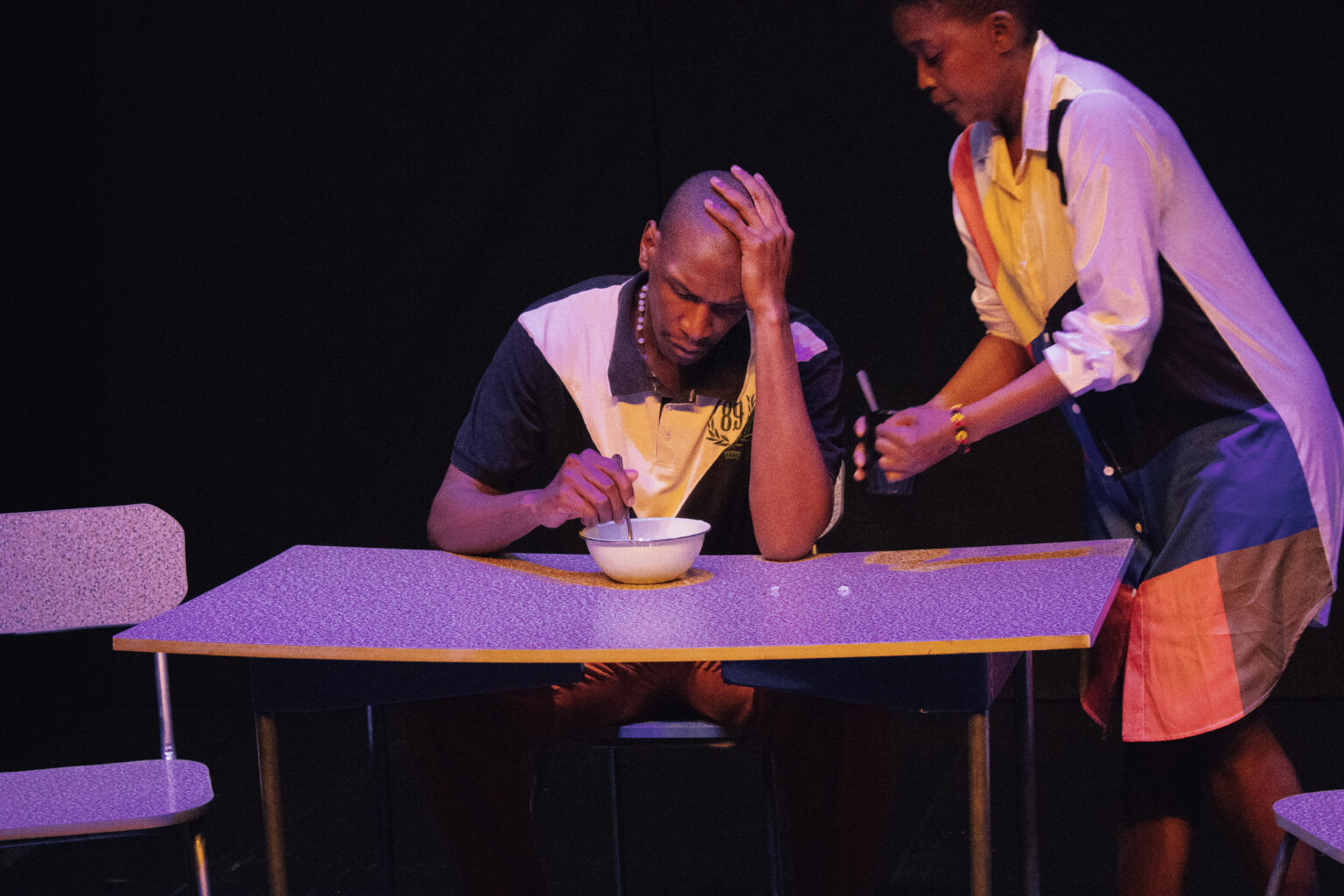By Benny Mojela
“Why is this happening? Should we keep walking until we cannot walk? Does it feel good to be an African, Thabo?’’ asks the tenacious voice about the Black families’ condition of disadvantage brought on by the racial and economic divide in South Africa.
As I sit in the theatre, mellow music echoes throughout the theatre, and my eyes are greeted by a dim stage with an empty kitchen. Though not glamorous, it is neatly ordered with a table and chair.
From the onset, This Is Us (Ke Rona) brings to light the glaring social inequality faced by many Black South African families who endure great hardship in order to survive. The play tackles high unemployment rates, even for graduates, poverty, disability and chronic disease, which accurately reflect South Africa’s reality.
The play is centered around a family of five. Thabiso Mooki is 67 and works on a farm to make ends meet. Ipeleng Selebogo is a 40-year-old mother to a teenage boy who gets good grades, but this is immaterial, because she has been struggling to find a job. They have a younger sister who is in a wheelchair, and then there is Thabo Selebogo, a 49-year-old man who holds a degree in Communications, but is struggling to find a job. All these different conditions lead to depression and mental health issues, which add to the outward poverty the family endures.
But the narrative is not without hope. Though the family goes through many hardships, they find light-hearted moments and remain optimistic. Ke Rona also demonstrates how we should care for each other’s overall well-being and that we can always, no matter what, become our saviours. A captivating performance with a simple, but impactful premise, Ke Rona is well worth a watch.


